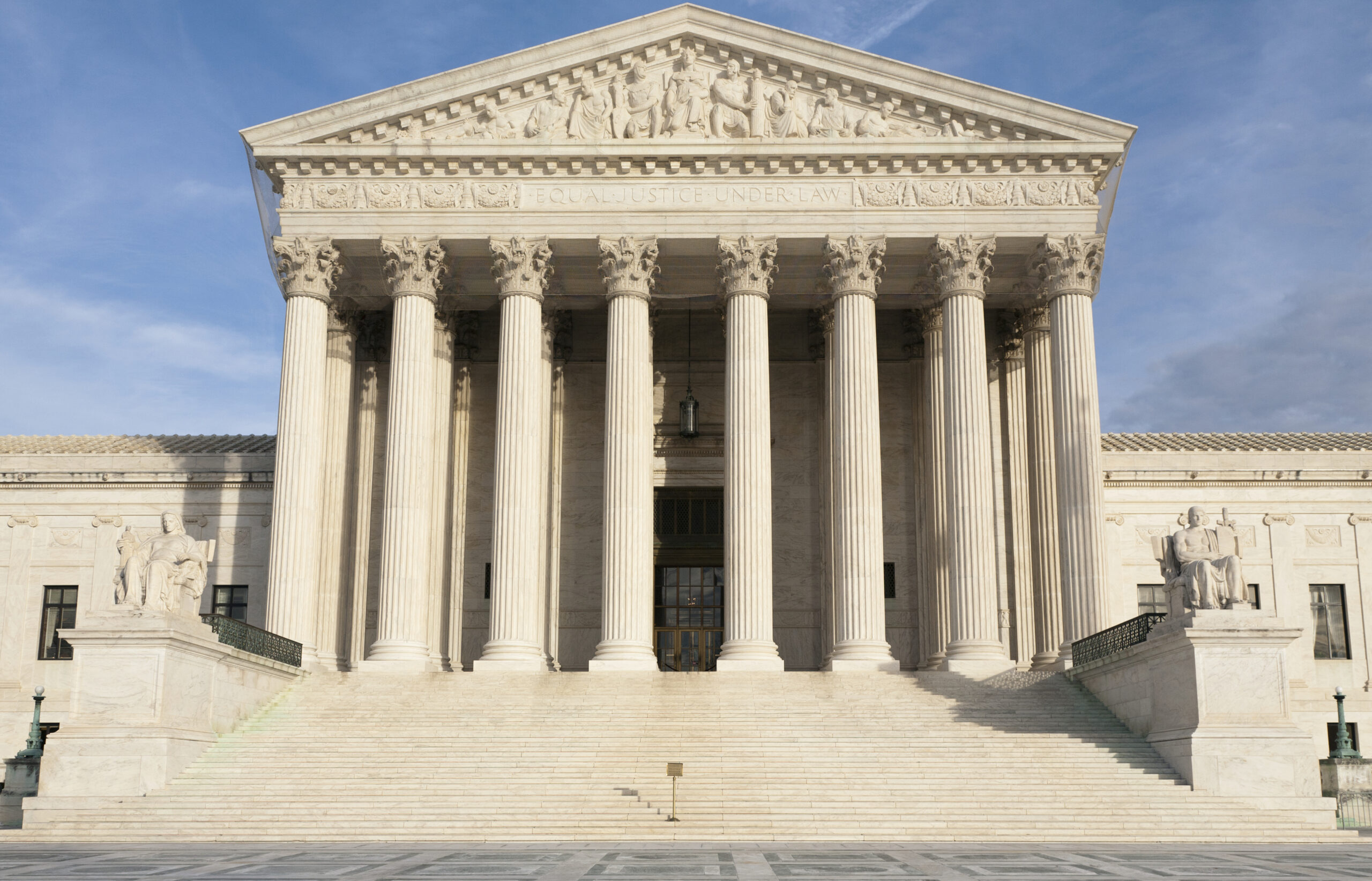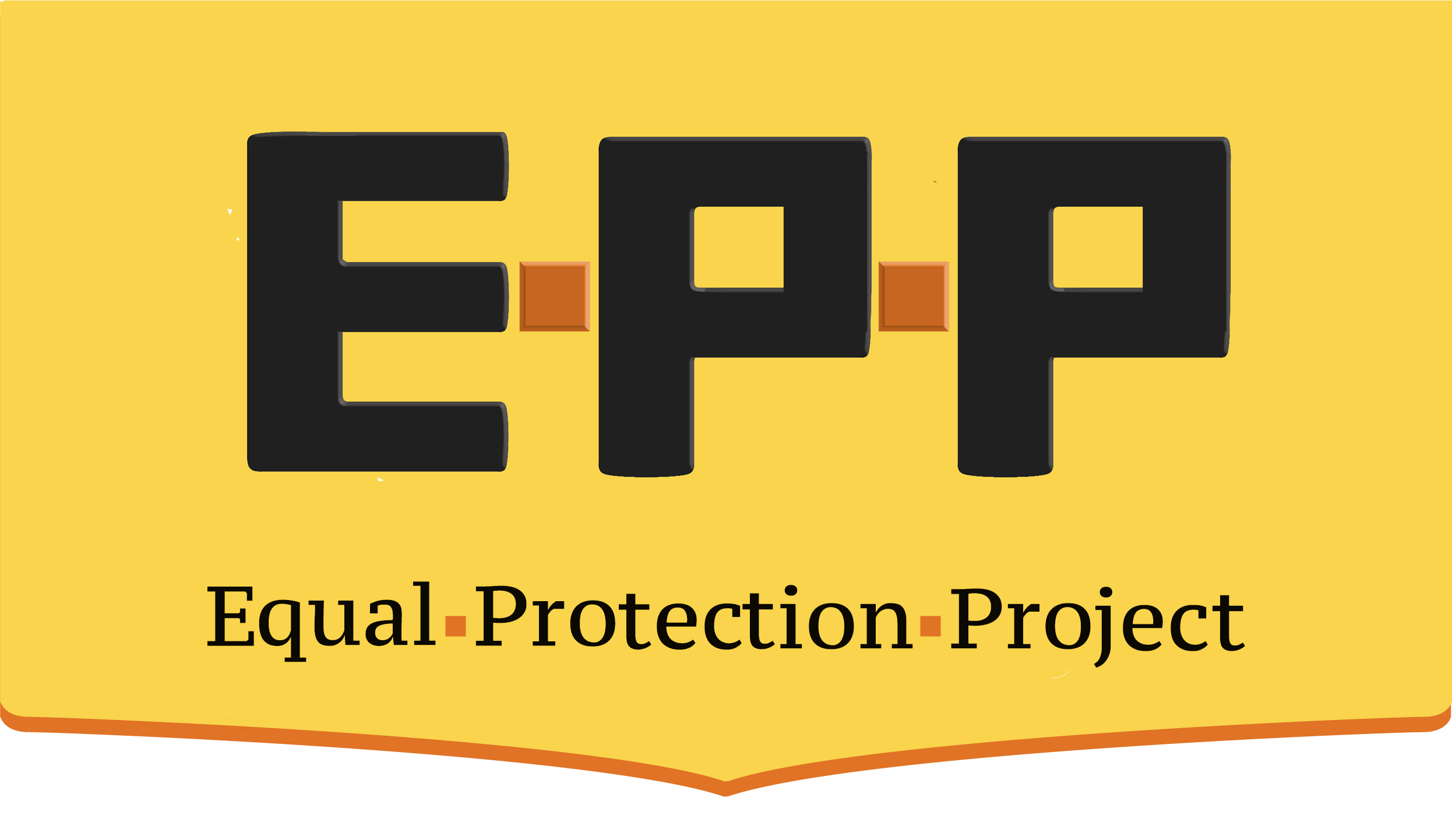
Case
Equal Protection Project v. University of Northern Iowa
Case Particulars
Tribunal
Department of Education, Office for Civil Rights
Date Filed
January 8, 2025
Docket No.
OCR Case Number 05-25-2144
Case Status
OCR Complaint Filed
Case Overview
On January 8, 2025, the Equal Protection Project (EPP) filed a civil rights complaint with the U.S. Department of Education’s Office for Civil Rights (OCR) against the University of Northern Iowa (UNI) for “illegal race-based and sex-based discrimination in violation of Title IX and Title VI, respectively. Specifically, UNI offers, administers, and promotes thirteen (13) scholarships that discriminate based on race, sex, or both…. Because UNI is a public university, these discriminatory scholarships also violate the Equal Protection Clause of the Fourteenth Amendment of the U.S. Constitution. ”
EPP’s complaint then uses UNI’s own website to show the discriminatory nature of each scholarship.
Next, EPP’s Complaint explains why UNI’s discriminatory scholarships violate the law:
Title VI prohibits intentional discrimination on the basis of race, color, or national origin in any “program or activity” that receives federal financial assistance. See 42 U.S.C. § 2000d. The term “program or activity” encompasses “all of the operations … of a college, university, or other postsecondary institution, or a public system of higher education.” See 42 U.S.C. § 2000d4a(2)(A). As noted in Rowles v. Curators of the University of Missouri, 983 F.3d 345, 355 (8th Cir. 2020), “Title VI prohibits discrimination on the basis of race in federally funded programs,” and therefore applies to universities receiving federal financial assistance. Because UNI receives
and administers federal funds through numerous programs and is a public institution, it is subject to Title VI.
The term “program or activity” means “all of the operations of … a department, agency, special purpose district, or other instrumentality of a State or of a local government” and each state government agency “to which the assistance is extended.” 42 U.S.C. § 2000d-4a(1)(A), (B). It does not matter that a particular program may be considered “extracurricular” or just a “club” or “group,” the same considerations apply, as OCR noted in its 2023 Guidance on Race and School Programming.
In this case, the explicit use of race-, skin color-, and sex-based criteria constitutes unlawful discrimination…
Title IX prohibits discrimination on the basis of sex in education. The statute provides: “[n]o person in the United States shall, on the basis of sex, be excluded from participation in, be denied the benefits of, or be subjected to discrimination under any education program or activity receiving Federal financial assistance.” 20 U.S.C. § 1681(a). Accordingly, a school receiving federal funding may not administer scholarships, fellowships, or other forms of financial assistance that impose preferences or restrictions based on sex, except in limited exceptions that are not applicable here. See 34 C.F.R. § 106.37(a)…
As UNI is a public university, its offering, promoting, and administrating these discriminatory scholarships also violates the Equal Protection Clause of the Fourteenth Amendment. In Students for Fair Admissions, Inc. v. President & Fellows of Harvard College, 600 U.S. 181 (2023), the Supreme Court emphasized that “[e]liminating racial discrimination means eliminating all of it …. The guarantee of equal protection cannot mean one thing when applied to one individual and something else when applied to a person of another color. If both are not accorded the same protection, then it is not equal.” Id. at 206 (cleaned up)…
UNI’s explicit race- and sex-based scholarships are presumptively invalid, and since there is no compelling government justification for such invidious discrimination, UNI’s offering, promotion, and administration of these programs violates state and federal civil rights statutes and constitutional equal protection guarantees.
The Complaint then summarizes and requests OCR take action:
The Office for Civil Rights has the power and obligation to investigate UNI’s role in creating, funding, promoting and administering these scholarships – and, given how many there are, to discern whether UNI is engaging in such discrimination in its other activities – and to impose whatever remedial relief is necessary to hold it accountable for that unlawful conduct. This includes, if necessary, imposing fines, initiating administrative proceedings to suspend or terminate federal financial assistance and referring the case to the Department of Justice for judicial proceedings to enforce the rights of the United States under federal law…
Accordingly, we respectfully ask that the Department of Education’s Office for Civil Rights prioritize and expedite this complaint given the sheer number of discriminatory scholarships at UNI reflecting a systematic disregard for Titles VI and IX, promptly open a formal investigation, impose such remedial relief as the law permits for the benefit of those who have been illegally excluded from UNI’s various scholarships based on discriminatory criteria, and ensure that all ongoing and future scholarships and programming at UNI comports with the Constitution and federal civil rights laws.
OCR is evaluating EPP’s complaint for further action.
Case Documents
Media Coverage
- As Iowa Regents DEI Vote Looms, Equal Protection Project Challenges Discriminatory U. Northern Iowa Scholarships, William A. Jacobson, Legal Insurrection (January 9, 2025)
- Anti-affirmative action group takes on University of Northern Iowa over scholarships, Vanessa Miller, Waterloo-Cedar Falls Courier (January 9, 2025)
- Group files civil rights complaint against Univ. of Northern Iowa, KCRG Staff, KCRG News (January 8, 2025)
- Group files complaint against UNI, claiming scholarships are discriminatory, Joshua Woolcott & Emma Brustkern, We Are Iowa (January 8, 2025)
- Anti-affirmative action group files discrimination complaint against UNI, Vanessa Miller, The Gazette (January 8, 2025)
- Group files civil rights complaint against University of Northern Iowa for discrimination, KCCI Des Moines 8 (January 8, 2025)


